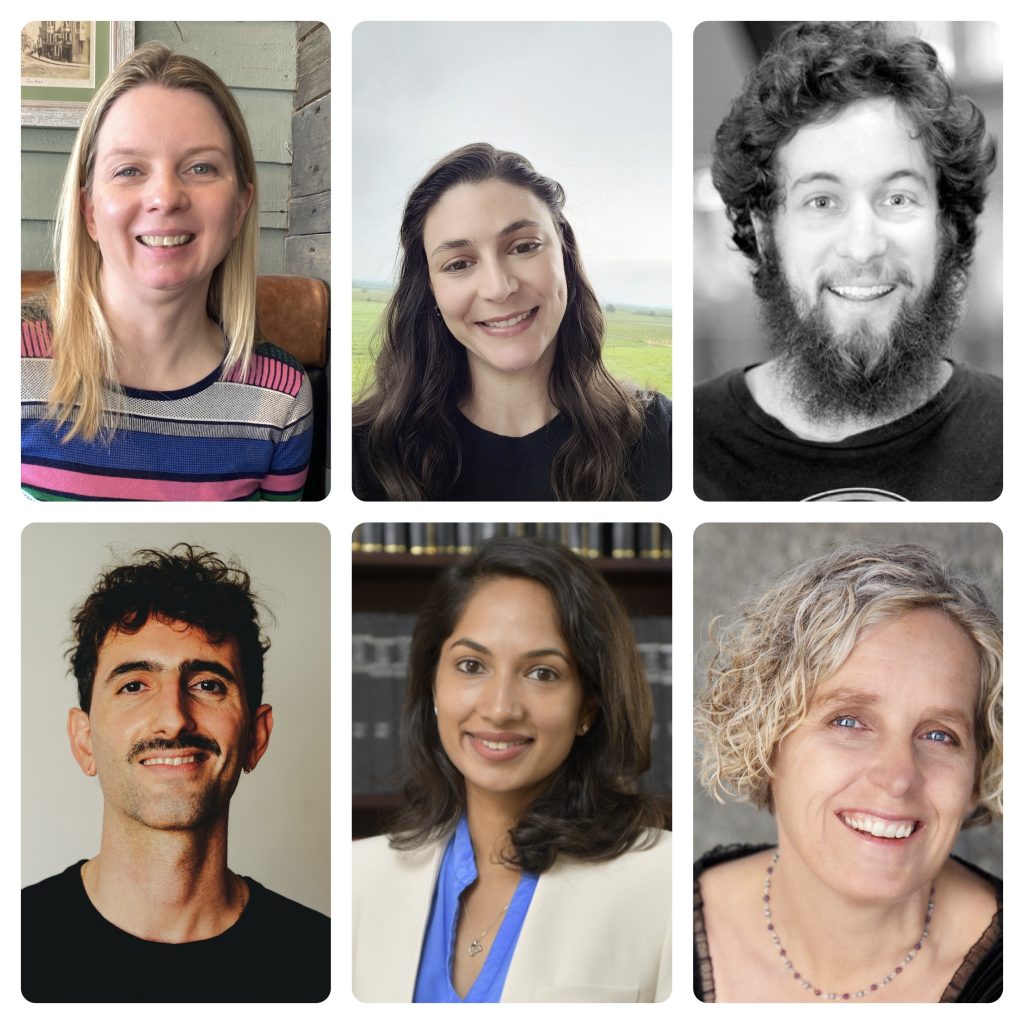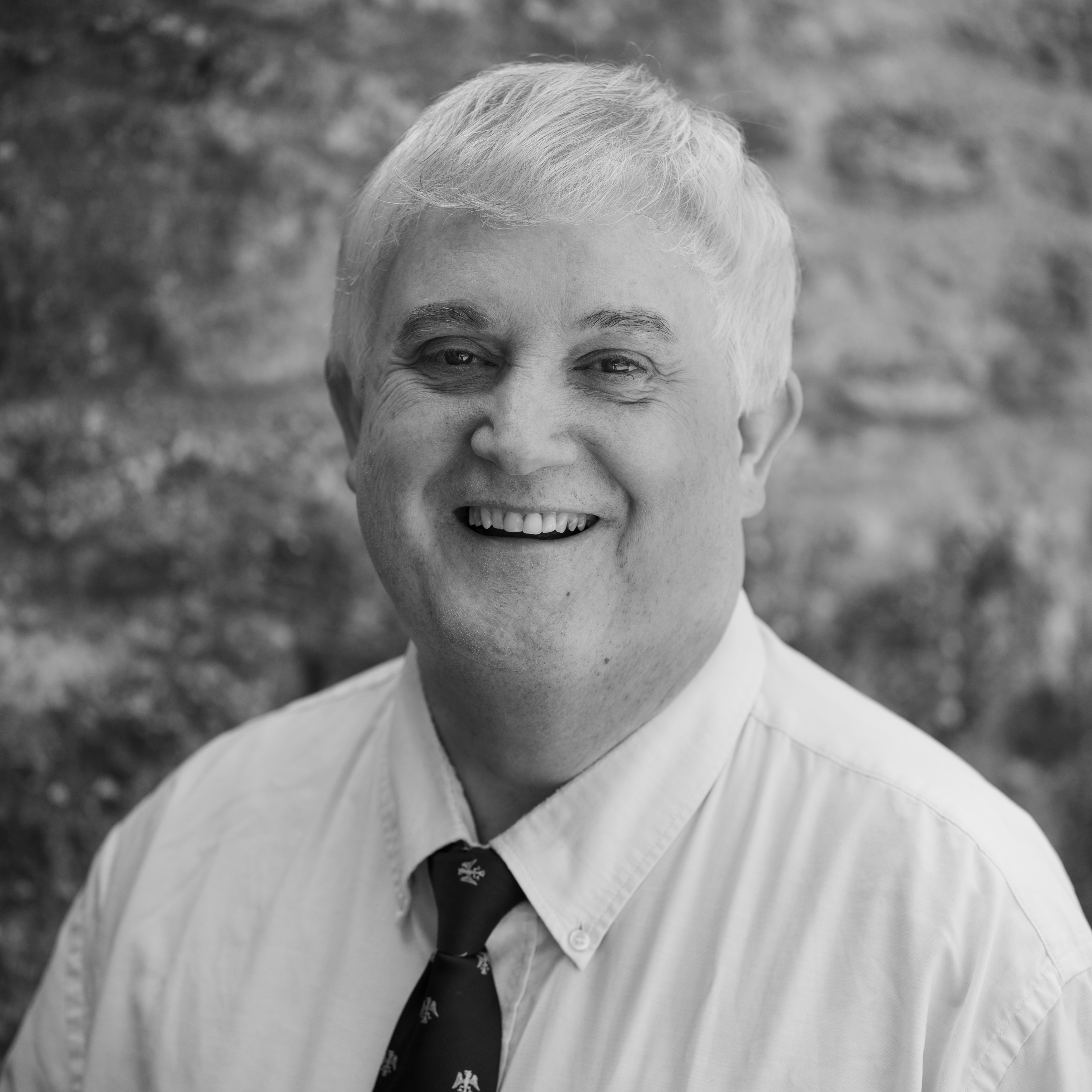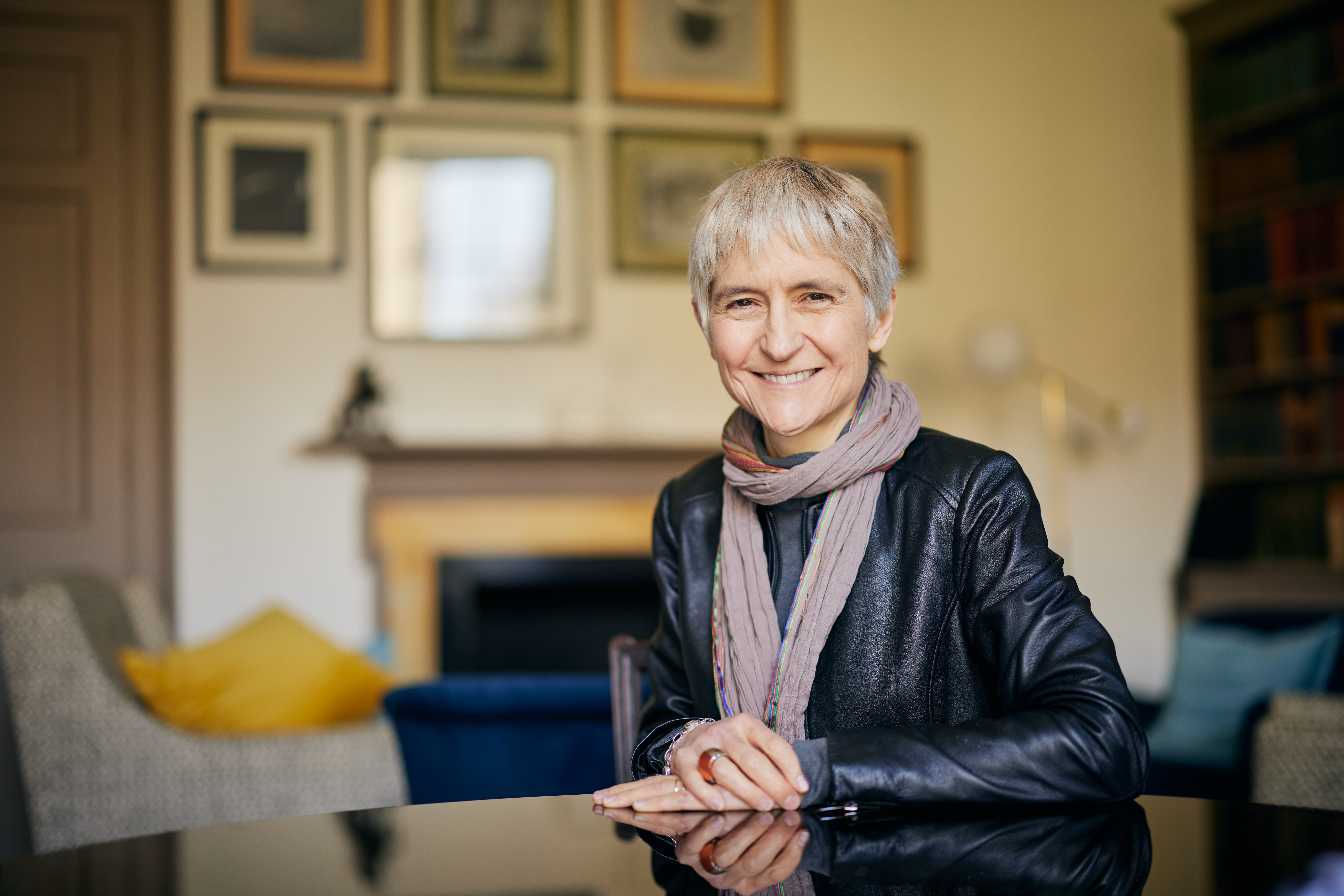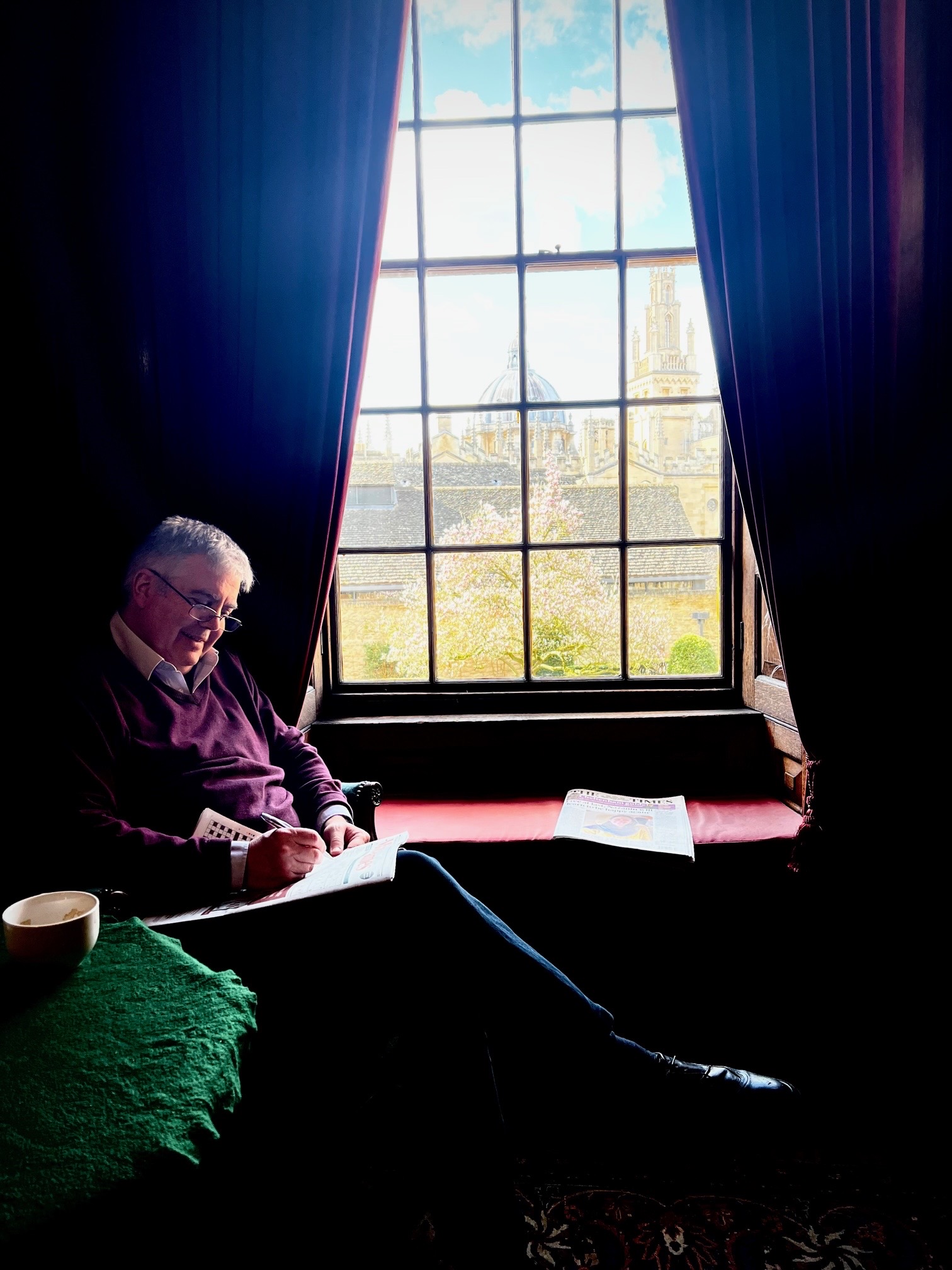At the start of each academic year, we welcome new academics to Queen’s. Please find brief biographies for our newest members below.
Paz Fink Shustin, Extraordinary Junior Research Fellow in Mathematics
Paz has recently joined the Mathematical Institute at Oxford as a Hooke Research fellow, following the completion of her PhD in applied mathematics at Tel Aviv University. Her doctoral research focuses on the development of novel, scalable, and efficient methods for using numerical linear algebra tools while proposing a new perspective on learning tasks. During her PhD, she also was a summer research intern in the Mathematics of AI group at IBM Research. Prior to her doctoral studies, she earned both her Master’s and Bachelor’s degrees in applied mathematics at Tel Aviv University. While at Queen’s, Paz will extend her research, using tools from computational mathematics to design and analyse efficient algorithms for various learning tasks.
Emily Hudson, Fellow in Law
Emily is Professor of Law at the Oxford Faculty of Law, Tutorial Fellow in Law at The Queen’s College, and Director of the Oxford International Intellectual Property Moot. From 2012 to 2015, she was Career Development Fellow in Intellectual Property Law, associated with St Peter’s College. Prior to (re)joining Oxford in September 2023, Emily was Professor of Law at King’s College London, having worked there from 2015.
Emily’s research spans many areas, including intellectual property, personal property, trusts, and law as it relates to cultural institutions and the creative industries. Her work on copyright law is showcased in her monograph, Drafting Copyright Exceptions: From the Law in Books to the Law in Action (CUP, 2020). One of Emily’s current projects builds on her existing work on pastiche in copyright law, this work having been cited in the first case to consider fair dealing for the purpose of pastiche in England and Wales: Shazam Productions v Only Fools The Dining Experience. She is also working on a project that examines the requirement that to be registrable, a trade mark must be ‘distinctive’, that is, operate as a badge of trade origin.
Jules Salomone-Sehr, Career Development Fellow in Philosophy
Jules works at the intersection of ethics, philosophy of action, and social philosophy, with a focus on agency and ethical responsibility in our conflictual and unjust social world. He earned his PhD at The Graduate Center (City University of New York) and the École Normale Supérieure (Institut Jean Nicod). He then joined McGill University where he worked as a Postdoctoral Researcher in the Centre for Research in Ethics.
Jules is interested in shared agency, cooperation, and cooperativeness, a cluster of topics that he has explored in his doctoral thesis. He is also currently engaged in two new research projects. One focuses on complicity under conditions of structural injustice and oppression. The other examines the burden that our own agency might become when our social world forces us to do things we’d rather not do.
Mary Ann Smart, Academic Distinguished Visitor
Mary Ann is a music historian whose research focuses on the social dimensions of music in nineteenth- and twentieth-century Europe. She has published two books: Mimomania: Music and Gesture in Nineteenth-Century Opera (2004), which excavates the ties between musical style and acting style in operatic performance; and Waiting for Verdi: Opera and Political Opinion in Nineteenth-Century Italy, 1815–1848 (2018), which offers a new, archivally-account of the role of opera in shaping Italian identity leading up to the Italian unification in 1871.
While at Queen’s, Mary Ann will be working on a book about theories of voice, music, and language in France between the Second World War and 1968. Among the topics the book will touch on are Michel Leiris’s flamboyantly operatic memoirs, cabaret songs based on the poetry of Raymond Queneau, Roland Barthes’s juvenile musical compositions, and the austere audiovisual experiments of Alain Resnais and Jacques Rivette.
Shamara Wettimuny, Junior Research Fellow in History
Shamara recently completed her DPhil in History at Brasenose College, University of Oxford, where she was a Beit Scholar in Imperial and Commonwealth history. Her thesis examined connections between global and local religious revivals, economic competition, and ethno-religious violence in British colonial Sri Lanka. She has an MSc in History of International Relations at the London School of Economics and Political Science. Shamara is the founder of Itihas, an organisation that advances history education reform in Sri Lanka.
While at Queen’s, Shamara will pursue a book project on ethno-religious identity and violence in nineteenth and twentieth century Sri Lanka. She also plans to extend her historical research into contemporary issues of transnational and local religious dis/connections in South Asia. She looks forward to contributing to the history community in College.
Matthew Wright, Extraordinary Junior Research Fellow in Materials
Matthew completed both his undergraduate degree and PhD in the School of Photovoltaic and Renewable Energy Engineering at UNSW Sydney, Australia. He studied solar energy, investigating both thin film and commercial silicon solar cells.
While at Queen’s, Matthew will complete a Marie Skłodowska Curie Fellowship in the Department of Materials, University of Oxford. His research will focus on forming and optimising the interfacing layers in high efficiency perovskite / silicon tandem solar cells.
Photo: from top left, across and then down: Prof Emily Hudson, Paz Fink Shustin, Dr Matthew Wright, Dr Jules Salomone-Sehr, Dr Shamara Wettimuny, and Mary Ann Smart.



